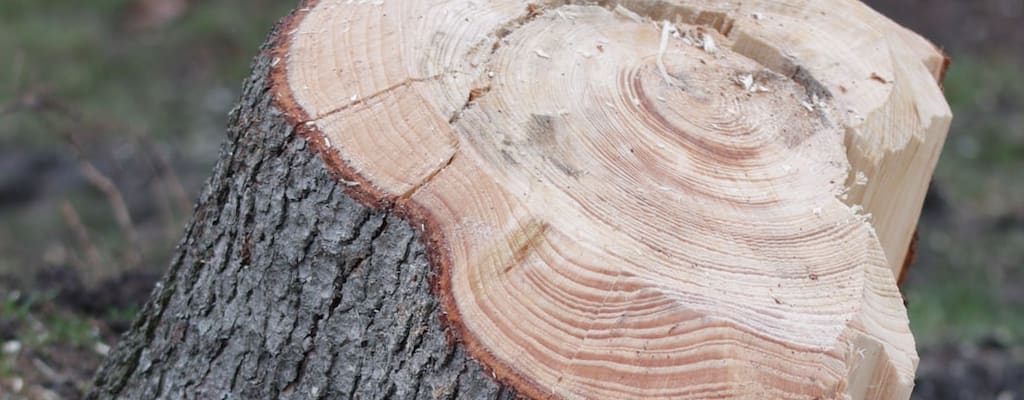cut swathes: Idiom Meaning and Origin
What does ‘cut swathes’ mean?
The idiom "cut swathes" means to have a powerful and significant impact or influence on something or someone.

Idiom Explorer
The idiom "sweep away" means to completely remove or eliminate something, often in a forceful or dramatic manner.
The idiom "drive a stake through its heart" means to put an end to something decisively and permanently, often used metaphorically to describe completely destroying or eliminating a problem or issue.
The idiom "deep cut" refers to a situation or remark that causes emotional pain or distress. It suggests a profound and impactful wound that may take time to heal.
The idiom "cut to the chase" means to get to the main point or most important part of something without wasting time or providing unnecessary details.
The idiom "cut to pieces" means to criticize or attack someone or something severely and mercilessly.
The idiom "cut through" means to take a direct or efficient action to solve a problem, avoid unnecessary steps or get to the point quickly.
The idiom "cut one loose" means to end or terminate a relationship or connection with someone or something, typically in a sudden or abrupt manner.
"Cut down" is an idiom that means to reduce or decrease something, such as the amount of time, money, or resources used for a particular activity. It can also refer to eliminating or lowering the number of something, like cutting down on expenses or cutting down on sugar in one's diet.
The idiom "cut both ways" means that a situation or action can have both positive and negative consequences. It implies that something can have a double-edged effect or outcome.
The idiom "cut a wide swath" means to have a significant influence or impact. It is often used to describe someone who stands out or makes a strong impression in a particular situation.
Decoding Mystery
"Cut swathes" is a popular idiomatic expression that originated from the field of agriculture. It was used to describe the action of cutting a wide path through crops, which was seen as a practical and efficient way of harvesting or clearing fields. Over time, this literal action became associated with productivity and progress, leading to the development of the figurative meaning of the idiom.
The figurative meaning of "cut swathes" is to make a significant impact or achieve success in a particular area. It implies a high level of effectiveness and is often accompanied by a sense of accomplishment. This idiom can be used in various contexts, such as describing the achievements of individuals, organizations, or even concepts and ideas.
When using the idiom "cut swathes" in everyday language, it is common to precede it with an active verb or an adjective that emphasizes the impact or success achieved. For example, one might say, "He cut swathes through the competition" to express the idea of surpassing or outperforming others. Similarly, one could say, "The new technology is cutting swathes in the industry" to highlight the significant influence or disruption caused by the technology.
The idiomatic expression "cut a swath" is closely related to "cut swathes." Both idioms have a similar meaning and are often used interchangeably. They convey the idea of making a significant impact or leaving a lasting impression. The main difference between the two idioms lies in their grammatical structure. While "cut swathes" is a verb phrase, "cut a swath" is a noun phrase. The latter is usually used to describe the impact or influence someone or something has had.
An example of using "cut a swath" in a sentence would be, "The talented artist has cut a swath through the contemporary art scene, leaving a lasting impression with her unique style." In this sentence, "cut a swath" is used to describe the artist's significant impact and the lasting impression she has made in the art world.
Another related idiom is "cut a wide swath." This idiom is similar in meaning to "cut a swath" but emphasizes a broader and more far-reaching impact. It suggests that the person or thing being described has not only made a significant impression in a particular area but has also had a widespread influence.
For example, one could say, "The charismatic politician has cut a wide swath in the political landscape, capturing the attention of people across the country." In this sentence, "cut a wide swath" conveys the politician's ability to not only make a significant impact in the political realm but also to attract attention on a national scale.
Overall, the idiomatic expression "cut swathes" represents the act of making a significant impact or achieving success in a particular area. It is a dynamic phrase that can be applied to various contexts, allowing speakers and writers to convey a sense of power, achievement, and effectiveness in a concise manner. Whether it's "cutting swathes," "cutting a swath," or "cutting a wide swath," these idioms add vitality and color to the English language, enriching our communication and enabling us to express ourselves with impact.
Example usage
Examples of how the idiom "cut swathes" can be used in a sentence:
- She cut swathes through the competition and easily won the race.
- The company's new advertising campaign is cutting swathes in the market, gaining a large share of customers.
- His powerful delivery and persuasive arguments cut swathes in the audience, leaving them impressed and convinced.
More "Usage" idioms



